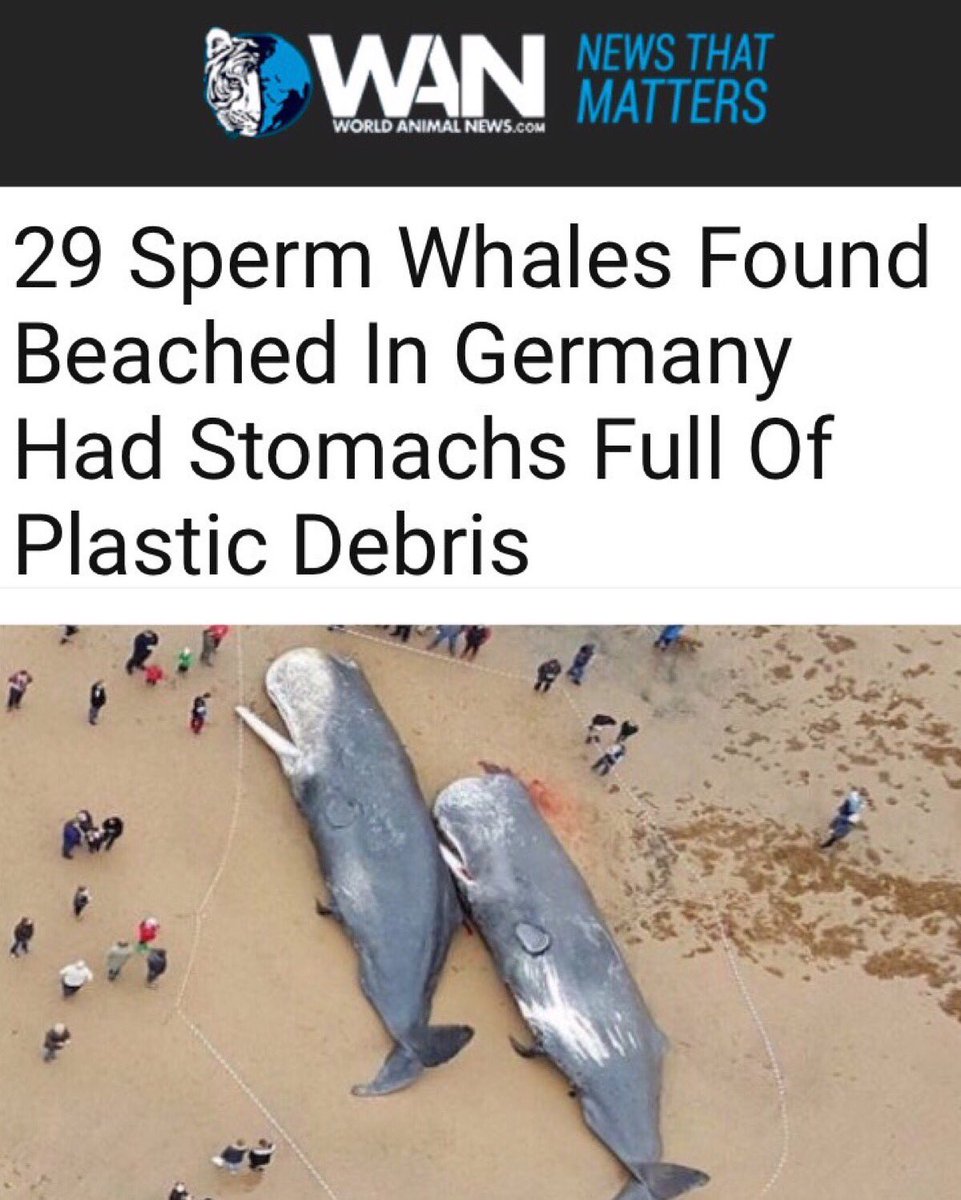A potential Ohio law, undermining local government, died quietly in committee during General Assembly 2018. In late 2017, Senator Coley (R) and Senator Lipps (R) introduced Senate Bill 210, a regressive bill that seeks to remove municipal authority and ignores the severity of plastic pollution.

We have all seen plastic bags caught in trees, images of birds and turtles tangled in plastic, and whales washed ashore dead with twenty-plus pounds of plastic waste in their stomach. Increasingly aware of the scope of plastic pollution, governments in over 60 countries have taken action to reduce plastic waste by adopting fees, levies, and bans on single-use plastic items.
The reason fees and bans are used to curb plastic consumption is due to the dramatic improvement created immediately. For example, Boulder, Colorado saw a 68% decrease in use of plastic and paper bags a mere six months after implementing a ten cent fee. In China, a ban was placed on plastic bags (less than 25 microns thick) and a fee on plastic bags was introduced on June 1, 2008: Plastic bag use fell between 60 and 80% in Chinese supermarkets, and 40 billion fewer bags were used.
Meanwhile, Ohio legislators turn a blind eye to the problem and move to support the litter status quo. The Ohio EPA Solid Waste Management Council warned decision makers that Ohio has only 40 years of available waste capacity and must focus attention on diverting waste from landfills. To complicate matters, China, the world’s largest importer of waste, imposed at the beginning of 2018 a list of materials it will and will not accept from the US. Still the problem could worsen, as China is eyeing a plan that would ban all waste imports by 2020, causing even greater repercussions. With all this information readily available and in the public discourse, Ohio legislators continue down the path carved by big oil and gas.
The Ohio legislator isn’t taking action to curb plastic waste, but thankfully Ohio communities and businesses are. In August of 2018 Kroger, America’s largest supermarket chain, announced a phase out of single-use plastic grocery bags from all stores by 2025. Rodney McMullen, CEO and chairman of Kroger, stated: “The plastic shopping bag’s days are numbered”. Ashtabula became the first community in Ohio to pass a ‘straw-on-request’ ordinance, passed unanimously in August of 2018 by Ashtabula city council. Finally, Orange Village enacted a ban on disposable plastic bags for merchandise sold at local businesses. Council President Brandon Duber stated, "I think it's important to have the legislation out there in Orange. Then we've at least made a statement that we pursued it. We're not waiting to see what the state does."

SB 210 and its companion House Bill 625 are strikingly similar to bills passed in Michigan, Wisconsin, Arizona, Indiana, Idaho, South Carolina, and Georgia, all of which mirror the language of model legislation created by the American Legislative Exchange Council, a conservative and corporate lobby group. While neither of the Ohio bills passed out of committee, it should be noted the majority of Ohio Legislators within those committees were overwhelmingly in support of the bills. There is much work still needed to educate Ohio decision makers. It is unclear at this time if the bills will be reintroduced during the 2019 legislative session.
TAKE ACTION: To be part of our Ohio Plastic-Free Campaign contact Elissa Yoder Mann at: elissa.yoder@sierraclub.org